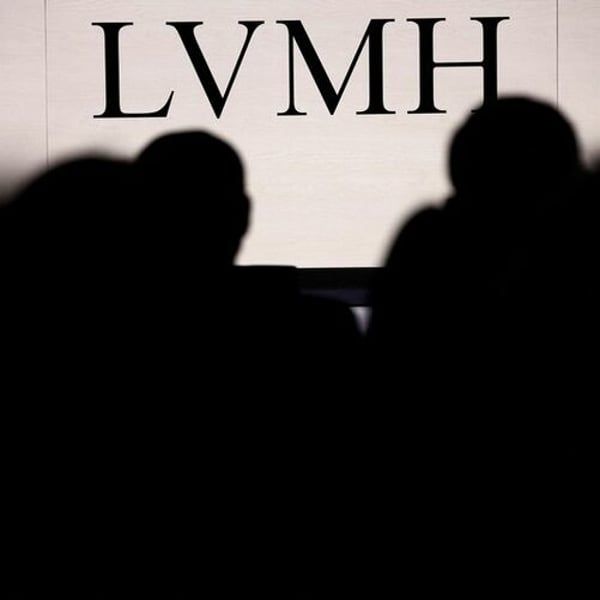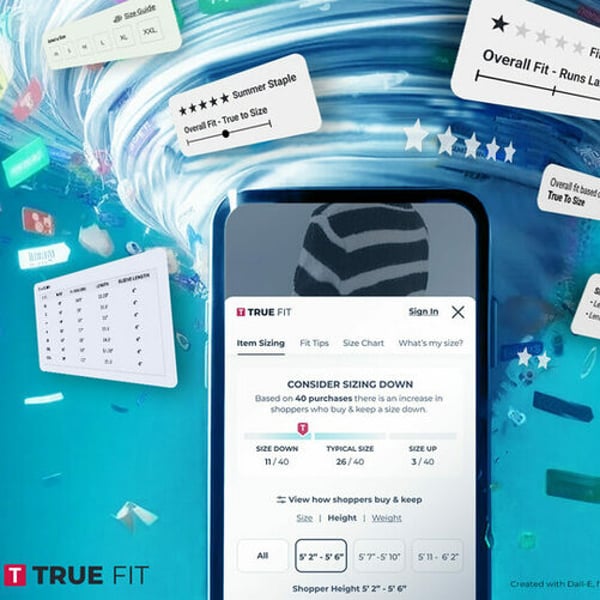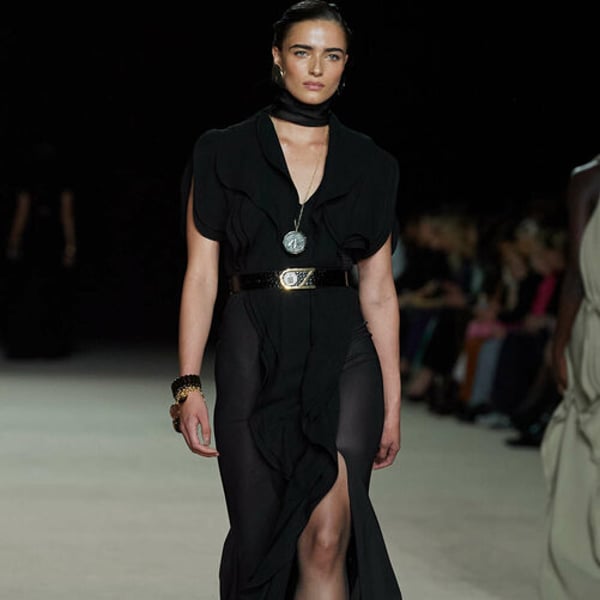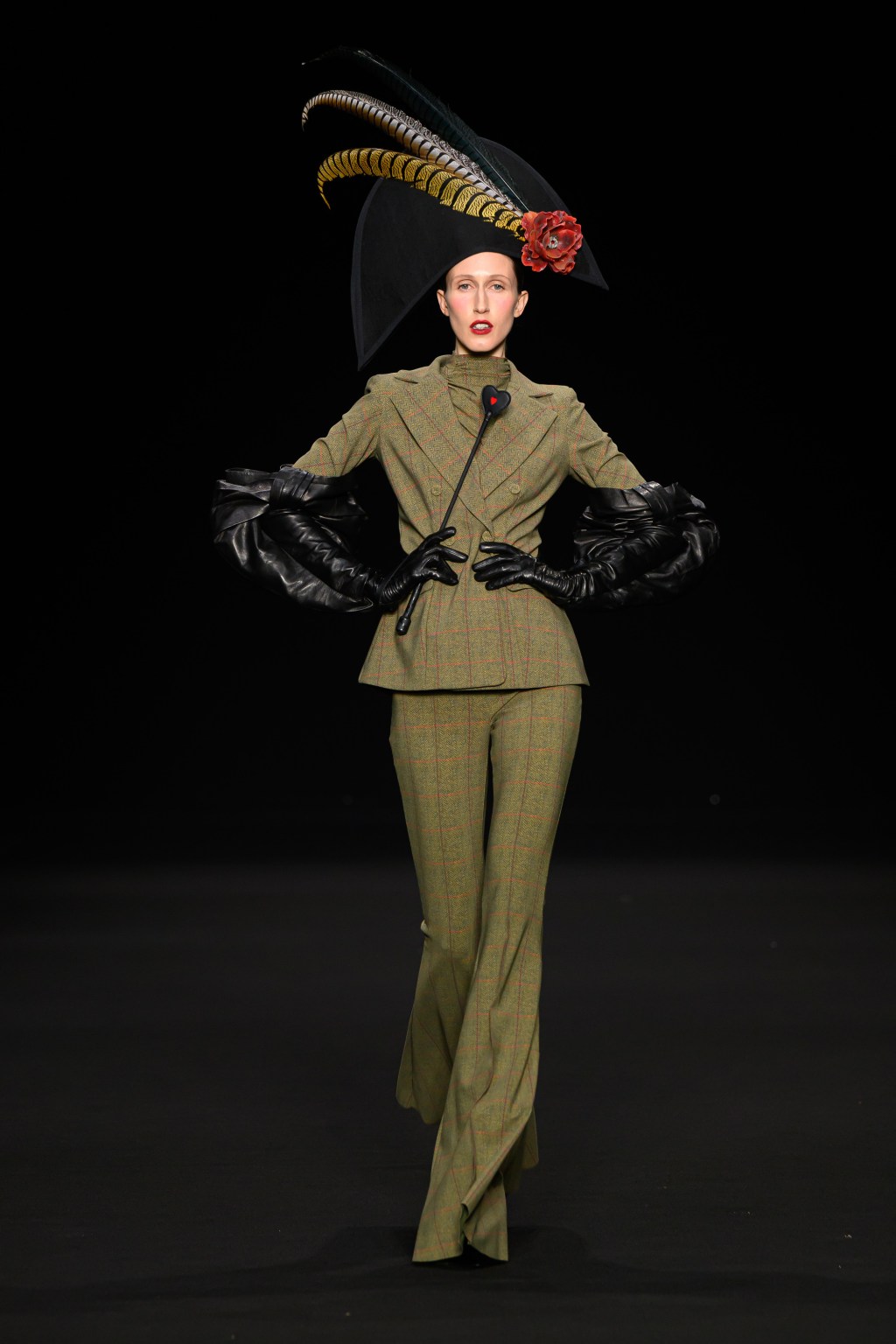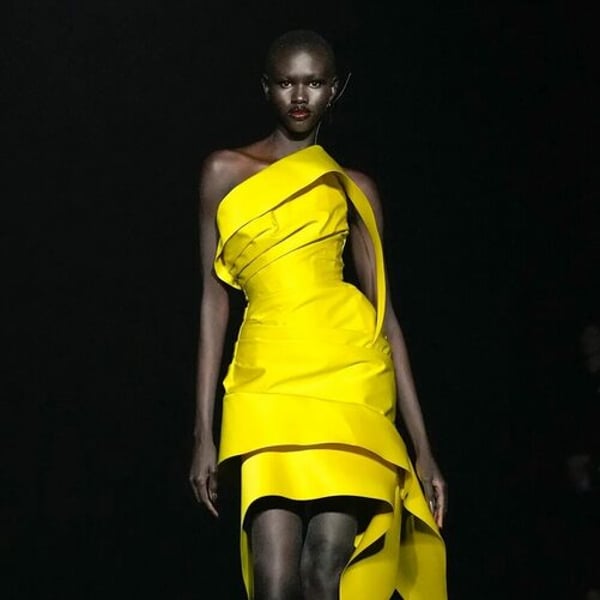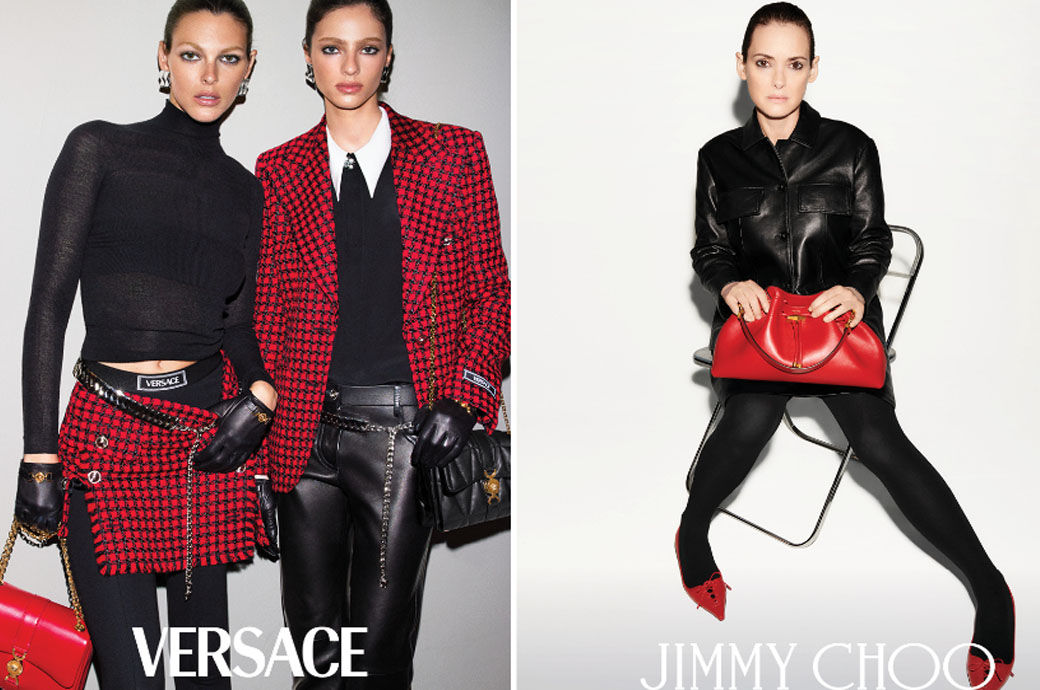By
Reuters
Published
July 23, 2024
Europe's top asset manager Amundi and other LVMH investors want the $370 billion luxury giant controlled by billionaire Bernard Arnault to take more aggressive steps to monitor its suppliers' treatment of workers after Italian prosecutors revealed alleged exploitative conditions at subcontractors of high-end brand Dior, three investors told Reuters.
The investigation into suppliers to LVMH's second-biggest fashion brand, which Reuters revealed on June 11, has highlighted possible worker exploitation in the $1.6 trillion global luxury goods industry.
Amundi, which owns a 0.6 percent stake valued at $2.2 billion in the Paris-listed parent company that owns brands including Louis Vuitton and Tiffany & Co., said it contacted the French conglomerate after the investigation became public, calling for more transparency in supplier audits and internal purchasing practices.
“We hope that these recent allegations will be seriously examined and accelerate the improvement, within the sector, of policies and practices to ensure proactive management of supply chain risks, including those related to working conditions,” Caroline Le Meaux, global head of ESG research, engagement and voting at Amundi, told Reuters on July 18.
CCLA Investment Management, another LVMH investor, told Reuters it wants the company to provide more public evidence of its efforts to ensure workers in its supply chain are paid fairly, while asset manager Robeco said it has been pushing luxury groups including LVMH to be more transparent.
Reuters spoke to four investors who own LVMH shares after a Milan court placed an Italian subsidiary of Dior into receivership following an investigation into the supply chain of Dior and a dozen other fashion brands.
Flavio Cereda, co-head of GAM's luxury brand investment strategy, said that while he did not see the investigation as a “deal-breaker” when it came to owning shares in LVMH, it was no longer enough for brands to say a product was made in Europe and they needed to show they were “aware of (their) supply chain because in the end it falls on (them).”
Amundi is leading the engagement with LVMH on fair wages on behalf of the Platform Living Wage Financials (PLWF), a group of major investors including Legal & General Investment Management and Storebrand.
The French asset manager voted against Arnault's re-election as LVMH CEO at the 2022 and 2023 shareholder meetings due to what it said was the French giant's lack of transparency over workers' pay and conditions.
Italian prosecutors said Dior, run by Arnault's daughter Delphine Arnault, paid Italian subcontractors as little as 53 euros for each Dior bag assembled, selling the same style of bag in stores for 2,600 euros without implementing basic safety requirements, according to court documents reviewed by Reuters.
Last week, Dior said it had cut ties with the suppliers in question, who only partially assembled the leather goods, and that reports of bags produced at “ridiculously low” costs were among “completely false” reports spread by the media. Dior’s profit margin is “totally in line with that of the luxury industry and has nothing to do with these erroneous comments,” the brand said. LVMH does not publish detailed figures on the financial performance of Dior or its other individual brands.
An LVMH spokesman told Reuters the French conglomerate updated its supplier code of conduct in March and is working towards a homogeneous approach across all its brands, but the size and complexity of the group, which spans everything from spirits to high-end hotels, means this process is long and challenging.
“This is a process of continuous improvement,” the spokesman said.
In some cases, LVMH is also working with rivals that employ the same suppliers to coordinate efforts to pay workers a living wage.
On Wednesday, Italian antitrust authorities launched an independent investigation into whether Dior's marketing claims promoting the craftsmanship of its products are misleading consumers. The probe also focused on Armani, which expressed confidence in a “positive outcome following the (antitrust) investigation.”
Italy accounts for 50-55% of global production of luxury clothing and leather goods, according to estimates by consultancy Bain, with thousands of small manufacturers supplying major brands and allowing them to display the coveted “Made in Italy” label.
Search for transparency
Amundi has been calling on LVMH for years to improve its wage policies. “LVMH continues to lack fundamental due diligence efforts that not only promote a living wage, but also help address key human rights risks,” Amundi said in a May 7 report on its relations with companies.
“We understand their impatience and are working hard to respond as quickly as possible,” said the LVMH spokesperson, referring to the investors' requests.
The PLWF, which annually reviews retailers on their fair wage policies and actions, gave LVMH an “embryonic” rating (the lowest of five ratings) in its 2021, 2022 and 2023 reports.
“LVMH is a big fashion house, it has 75 different brands. Some of them are vertically integrated and have a lot of controls, and some of them are not,” said Martin Buttle, head of Better Work at CCLA Investment Management, another LVMH investor.
Dora Buckulcikova, senior portfolio manager at the Robeco Fashion Engagement fund, also an LVMH shareholder, told Reuters that luxury brands have blind spots when it comes to “their suppliers’ suppliers,” resulting in “insufficient knowledge about where they are located and how they are audited.”
Robeco systematically pressures luxury companies, including LVMH, to publish more information about their suppliers and ensure factory audits are carried out without prior notice, Buckulcikova said.
Dior said it had audited the suppliers that led to the investigation, but that they had “evidently managed to conceal these practices.” “Dior's teams are working intensively to reinforce existing procedures,” it added.
LVMH reveals very little about its extensive supply chain in the filings. The conglomerate is controlled by the Arnault family, which owns around 49% of the share capital and 64% of the voting rights.
Antoine Arnault, Bernard Arnault's son and LVMH's image chief, told shareholders in April that the group was looking to improve.
“We cannot create products that make people dream without tangible improvements such as traceability and transparency,” he said.
© Thomson Reuters 2024 All rights reserved.

